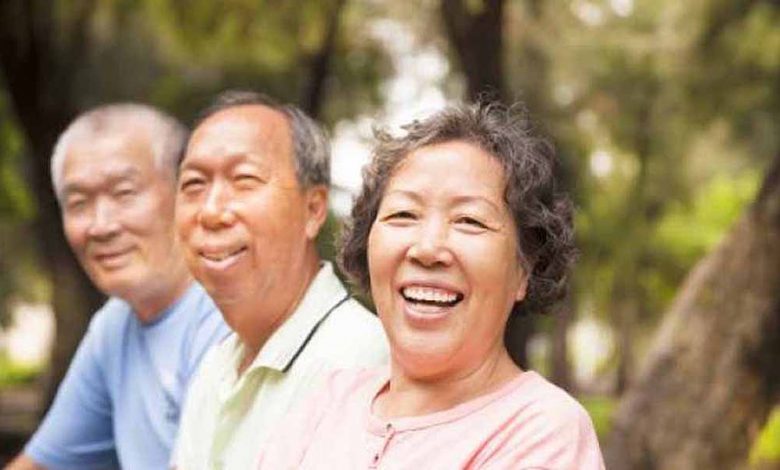

by Cecilia Chan
The coronavirus outbreak has placed all of us overwhelmingly in the midst of uncharted territories. Social isolation and distancing, the casualty of loss of life and suffering and the social impact on our society. Indeed, when the aftermath of this is done and dusted, we, as a society, will have to adapt to new ways to manage our lives.
As the pandemic unfolded, we have often been made painfully aware of how erroneous it is to say that we are all in this together. Older people have been more immediately affected by the pandemic than anyone. The inability to have meaningful quality time with our loved ones at close proximity and even more profoundly, in the death of our elderly loved ones at this time, and being restricted in our demonstration of our loss and grief.
18th March 2020 marked a historical moment in Malaysia when the government initiated the Movement Control Order (MCO) in order to combat the COVID-19 pandemic. This had an immediate major impact on our older Malaysians whether they were in their own homes or care institutions. Due to the lockdown measures, the lifestyle of older Malaysians was changed dramatically. In general, all social activities of older Malaysians had been paused, and the impact of quarantine, isolation, stress, anxieties, trauma and grief are some of the key issues they deal with daily.
Those who are living alone like my mother for instance, must deal with the loneliness of not being able to be in touch with society. Besides struggling to obtain their basic daily needs like food and groceries in which they often have to compete with the younger generation and, at times, hoarders, they also feel alienated in this new digital world.
Visiting places of worship, haggling with their favourite meat or vegetable seller, having a cup of coffee after marketing were their precious moments of being a part of the society. Having that taken away from them left them feeling socially isolated with a void in their daily lives.
Many are not technologically savvy to switch into the new mode of socialization. Global researches have proven that social isolation affects an older person’s emotional, physical and mental well-being.
Similarly, the elderly in aged care centers/facilities also faced much turmoil, with facilities closing their doors to outside visitors, limiting personnel and cancelling nearly all social gatherings. For the residents who are already struggling with loneliness, the complete ban on visits from loved ones, attending outside events, functions and religious services, had a profound impact on their wellbeing and was a huge shock and revelation to their constitution. It rocked the foundation of their belief in wholesome family dynamics.
Compounding this loneliness is the uncertainty of spouses and children of residents not being allowed to visit their loved ones except in compassionate circumstances such as end of life events. We all know how much it hurts to be kept apart from those we care about during a crisis. These were really trying times for thousands of seniors and their families.
Still, it is of great comfort to know that many Malaysians stepped up during these trying times.
Benevolence, generosity and heroism came to the fore in times of crisis and rallied the spirit of human kindness. Many heartening stories abound. Almost immediately, there were individuals and organisations that shone through in ways that should bring us hope. Some delivered food to the elderly at home. Some grocery shops delivered orders directly to the homes of the elderly. Some opened their shops earlier only to cater to the elderly. Some offered to go grocery shopping for the elderly and disabled.
It is also certainly the case that many groups – informal and formal – have emerged to provide support for those whose isolation has been compounded by COVID-19. We saw NGOs working closely with the government departments in delivering services and help to the residents of the aged care facilities. We saw young university students lending a hand in providing relief to the residents. We saw the various faith groups teaming up together to deliver food and essential needs to our elderly.
The specter of the coronavirus helped us Malaysians to realize that we do share common humanity that unites us in times like these. Ironically, our social “distancing” is, paradoxically, a kind of unity – an altruistic form of collective action aimed at stopping the spread.
So, perhaps the coronavirus isn’t the only contagion – we are also infected by kindness, hope and charity too.


